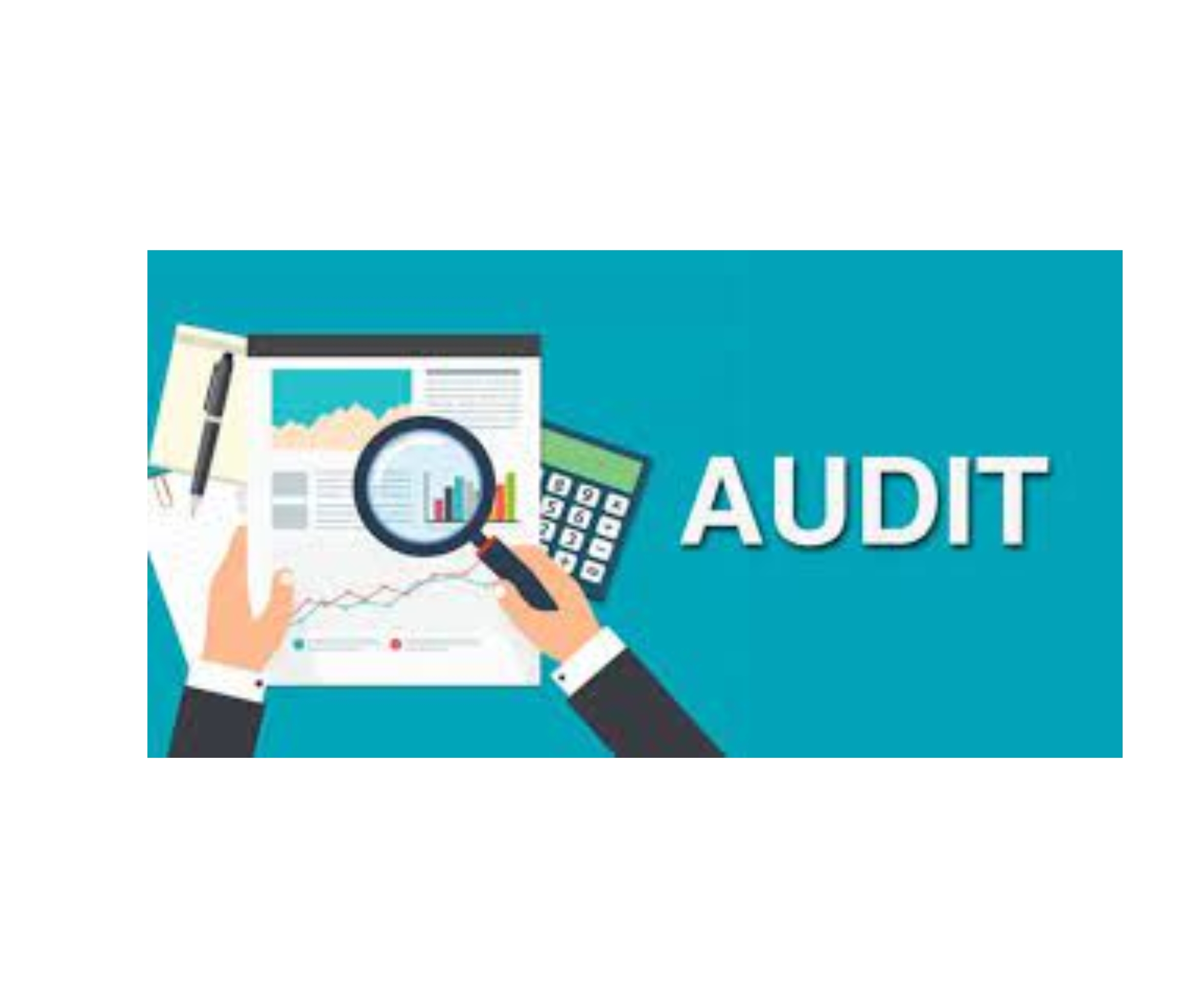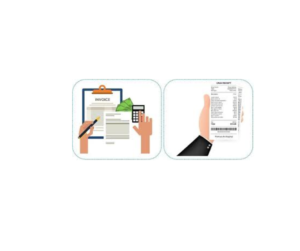
 Auditors in India
Auditors in India
Auditors in India, The Institute of Chartered Accountants of India, established in accordance with the Chartered Accountants Act of 1949, assumes the role of the authoritative governing body entrusted with the regulation of the auditing profession in India. Under its jurisdiction, the ICAI oversees and maintains standards, ensuring the proper conduct and competence of auditors throughout the country.
The ICAI holds the responsibility of overseeing and regulating the practice of auditing, ensuring compliance with professional standards and ethical conduct within the profession in India. The The Institute of Chartered Accountants of India serves as the authoritative entity that oversees and sets standards for auditors, ensuring professional integrity and competence in the field. It exercises supervision and control over chartered accountants, ensuring their adherence to professional standards and ethical practices. The ICAI regulates and governs the practice of chartered accountants in the country. The The Institute of Chartered Accountants of India is responsible for the regulation, education, and oversight of auditors in India.
The ICAI has several mechanisms in place to audit the auditors themselves, ensuring their compliance with professional standards and ethical guidelines.
Here are some key entities involved in auditing the auditors in India:
1.Quality Review Board (QRB):
The Quality Review Board, constituted under the Chartered Accountants Act, 1949, is responsible for reviewing and monitoring the quality of audit services rendered by practicing chartered accountants. The QRB conducts quality reviews of selected audit firms to assess their compliance with auditing and assurance standards.
2.Peer Review:
The ICAI has established a Peer Review Board (PRB) that conducts peer reviews of audit firms. Peer review involves a systematic review of the quality and effectiveness of an audit firm’s audit and assurance practices. The PRB evaluates the firm’s compliance with professional standards, ethics, and other relevant regulations.
3.Disciplinary Mechanism:
The The Institute of Chartered Accountants of India has a Disciplinary Directorate that investigates complaints against chartered accountants.
And takes disciplinary action, if necessary. The Directorate is responsible for ensuring that auditors adhere to the ICAI’s Code of Ethics and other professional standards. It conducts disciplinary proceedings and imposes penalties or sanctions on auditors found guilty of professional misconduct.
4.Inspection and Monitoring:
The ICAI’s Audit Monitoring and Review (AMR) Board conducts inspections and monitoring of audit firms to assess their compliance with auditing standards, quality control mechanisms, and other regulatory requirements. The AMR Board reviews the working papers, systems, and processes of audit firms to ensure adherence to professional norms.
5.Government Oversight:
The Ministry of Corporate Affairs (MCA), a governmental body, also plays a role in regulating auditors in India. The MCA has the power to investigate and take action against auditors for any violations of company law.
Including improper auditing practices or non-compliance with reporting requirements.
These entities, such as the QRB, PRB, Disciplinary Directorate, AMR Board, and the MCA, work collectively to audit and regulate auditors in India.
Ensuring their adherence to professional standards, ethics, and legal requirements. Their efforts aim to uphold the integrity and reliability of the auditing profession and maintain public confidence in financial reporting and accountability.
To visit: https://www.mca.gov.in/
